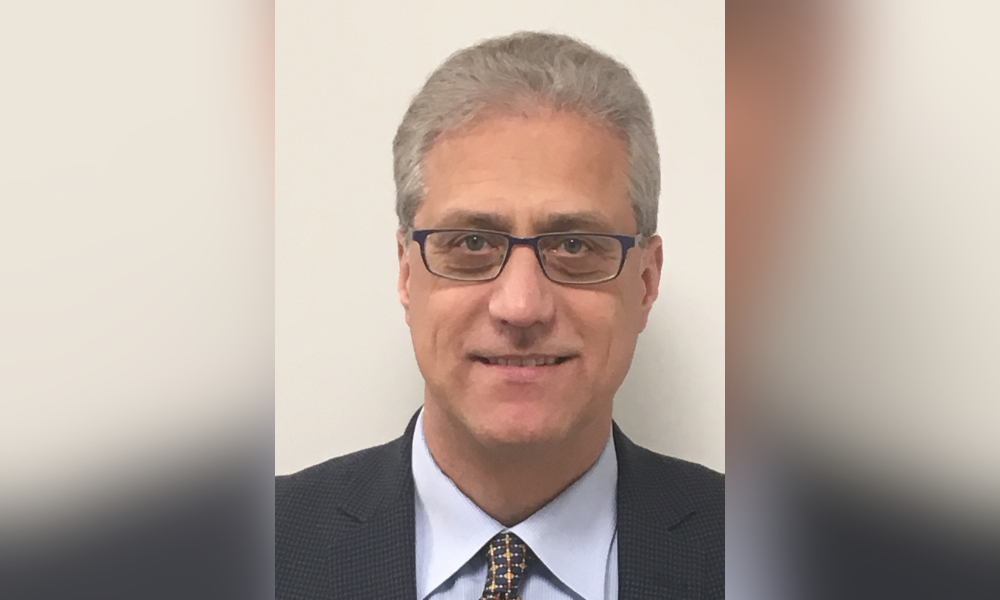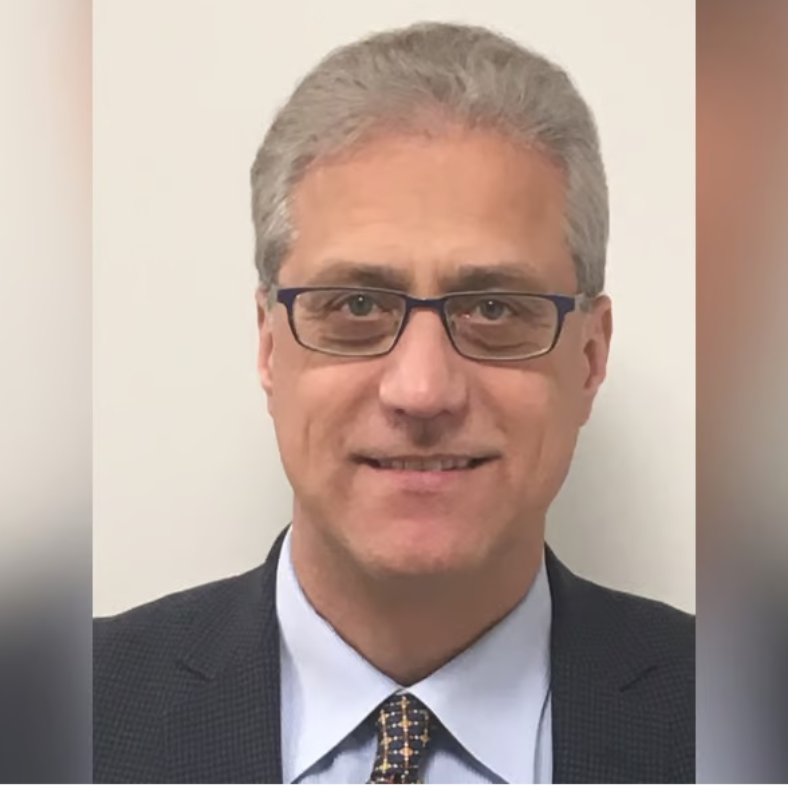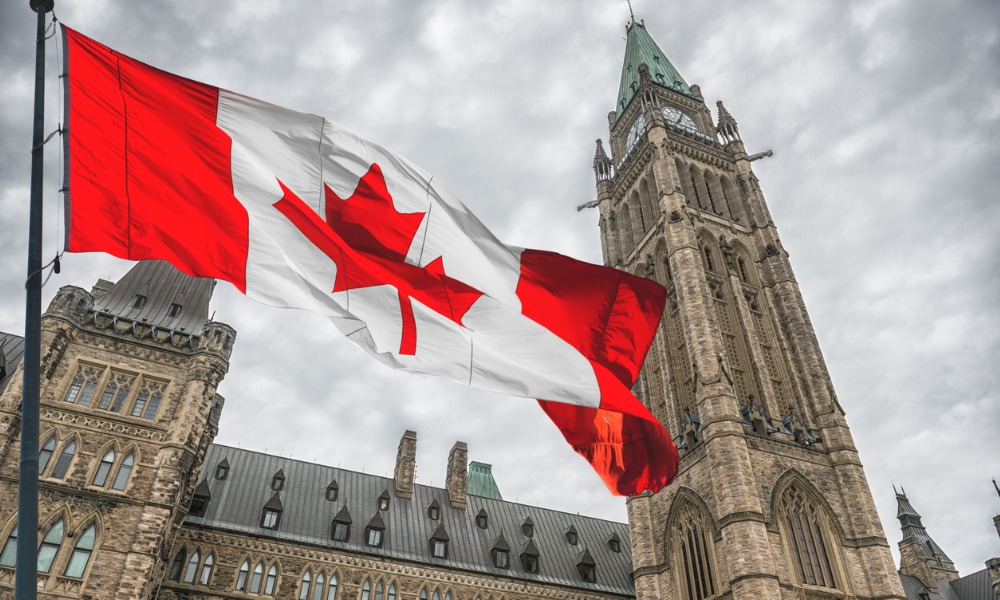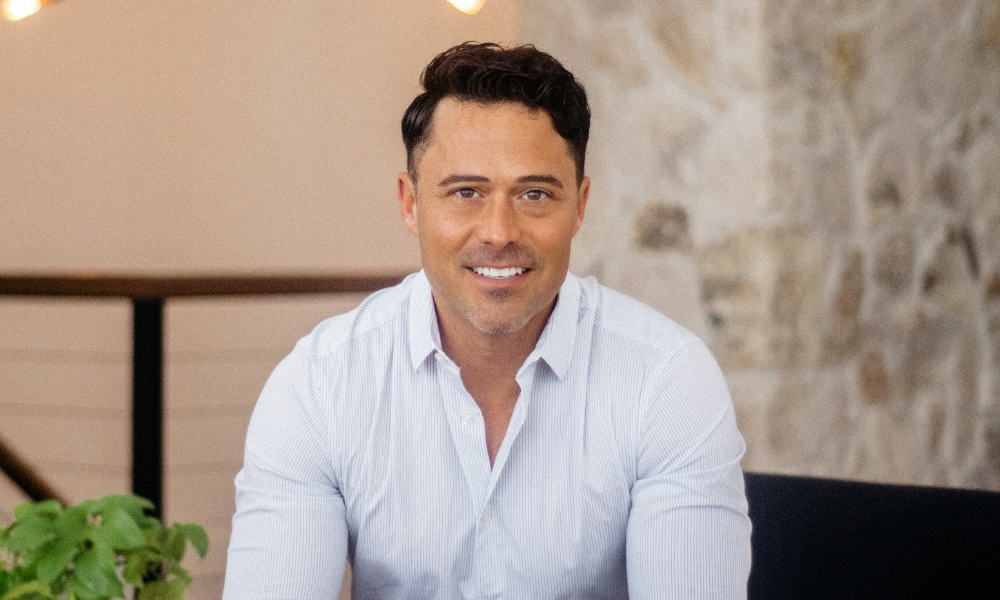A case for increasing OAS clawback rates and restoring hope to a beleaguered young generation


One of the subtexts of political discourse in North America today is the intergenerational rivalry between the old and young. It seems older people in general, and less-educated, working-class white males in particular, lament for a bygone era where they had more political and socio-economic clout. Meanwhile, young people are relatively more worldly, educated, and eager to engage, but they are also frustrated by the economic hand they've been dealt.
We see this in disparities of meaningful job opportunities, real estate availability, and attitudes toward the social safety net. All over the world, older people are protecting their turf and younger people are frustrated because opportunities that their parents and grandparents had are proving to be increasingly elusive.
In many ways, it is fitting that JD Vance is Donald Trump's running mate. Vance is the author of the best-selling book, “Hillbilly Elegy”. Some people like to say that the Republican coalition might also be called the “Beverly Hillbillies" coalition. Trump supporters tend to be drawn primarily from either the very wealthy or the white underclass. When thinking about the economic futures of young Canadians and Americans, a good deal rests on how these people expect the coming decades to play out. Expectations have shifted.
Historically, young people brim with hope and optimism and the sensible belief that they will have it better than their parents and grandparents had it. That worldview is threatened by the distemper of our times. The double whammy facts that wages have not kept pace with inflation while real estate prices have far outstripped the pace of inflation have caused a degree of nihilism among the under 30 crowd that simply did not exist previously.
Young people have become so disillusioned that even public policy initiatives designed to help level the playing field (such as the 2024 federal budget provision to increase the inclusion rate on large capital gains in Canada) have virtually no impact on young peoples’ voting intentions. Today's generation of household formation stage families have already stopped having children at anywhere close to the 2.1 replacement rate needed to maintain population levels. It had previously been thought that the primary reason for this paucity of new births was economic. Many experts thought our young adults were not having children because they couldn't afford a proper home or get access to daycare.
In fact, the reason may be even more fundamental. There are now experts who believe that the sharp drop in live births is because young people do not want to bring newborns into a world that is bleak, hot, and demographically unfair. Bringing your children into a world like that might be considered the antithesis of hope. Some would go so far as to say it could constitute cruel and unusual punishment.
I've recently been exposed to the ideas put forward by Scott Galloway, a prof at NYU who is well known for his books, commentary, and TED talks. Galloway makes a compelling case that the youngest generation in the Western world today will be the first generation to experience a lower standard of living than their parents. He goes so far as to say that the incipient intergenerational inequity is the de facto root cause of much of the anger, angst, and all-round acrimony being experienced in 2024.
Galloway has offered several policy prescriptions for the US, and his ideas got me thinking about what we could be doing here in Canada. According to him, many of the American problems are rooted in the education system… who is accepted, who you know, how many spots are available, how endowments grow… and how student debt can be a ball and chain that constrains what was once known as the ‘American Dream’.
The question he asks, both rhetorically and substantively is, “do you love your children?” If any rational human being would self-evidently answer “yes”, Galloway invites older people to contemplate what could be done to give their children and grandchildren similar opportunities.
As a financial planner and as a person with an interest in public-policy debates, I believe a ‘Made in Canada’ solution could involve moving the goal posts for old age security (OAS). One way to be less punitive toward the young is to be less generous toward the old. This is categorically not an attempt to engage in intergenerational conflict, but rather an idea, that if implemented purposefully, could reduce intergenerational friction in a way that is both fair and actionable.
In 2024, the maximum OAS is $8,560 a year. That amount is clawed back by $0.15 for every dollar above $90,997. To my mind, giving Canadian retirees over $8,000 a year when they are already making $90,000 a year is obscene. That’s especially the case when we consider how difficult it is for our young adults to launch. To my mind, $90,997 could provide a threshold where OAS would be completely clawed back. It could be enhanced for very low-income earners, let's say it could pay $10,000 for those earning less than $40,000 a year, and then clawed back at a rate of approximately $0.20 per dollar from that point until reaching $90,000.
Presently, OAS is not completely clawed back unless income exceeds $148,000. Giving government money to a retired senior who is already making over $145,000 a year strikes me as brazenly inappropriate. The principle of universality and use of means testing are both accepted.
The recent change to the capital gains inclusion rate for individuals with over $250,000 annual capital gains strikes me as a modest step in the right direction. We absolutely need to do more. Overwhelmingly, the people who will be paying this higher tax rate are the same people who are already getting overly generous OAS payments. We simply need older, wealthier people to pay more to give Canadians who will make up our workforce in the future a fighting chance. The money saved could be repurposed into any number of initiatives that aim to assist younger Canadians or, at a minimum, the expense foregone could be used to pay down the national debt that we are saddling our children with.
Adjusting OAS thresholds may be an idea that not only makes sense but is absolutely necessary for the continued intergenerational peace. Without reforms, the kids could soon start grabbing their torches and pitchforks.



